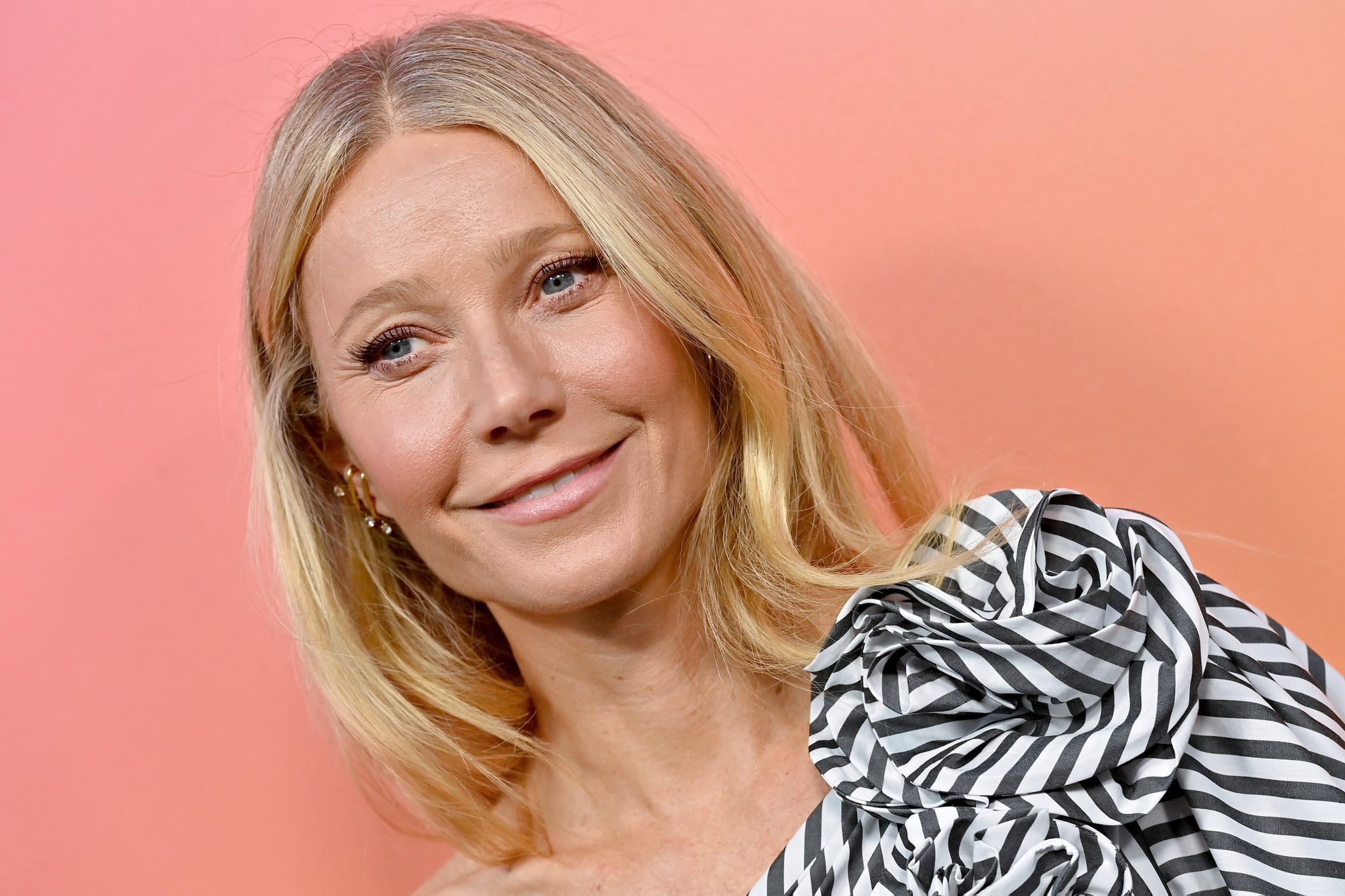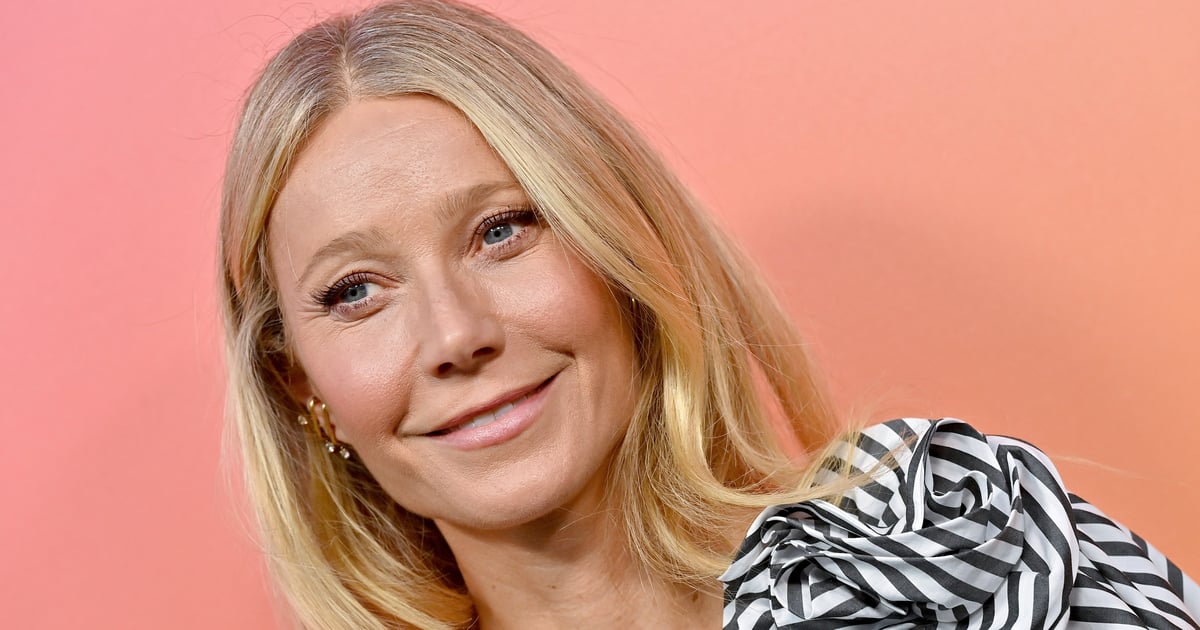
TikTok can be a chaotic place with new trends, influencers, and viral recipes popping up (and fizzling out) seemingly overnight. But one powerful aspect of TikTok is its ability to create a sense of community, largely thanks to creators’ ability to point a finger at those experiences so many of us have lived through but have never thought to talk about or name. One recent example? Almond moms.
The term “almond mom” first emerged in the fall of 2022 after a 2014 clip of “Real Housewives of Beverly Hills” resurfaced. The clip shows Yolanda Hadid, the mom of supermodels Bella and Gigi Hadid, telling Gigi to “eat a couple of almonds and chew them well” after Gigi told her she felt “really weak” since she had only eaten “half an almond.” (For the record, Yolanda told People the clip was taken out of context.)
More recently, TikTok accused Gwyneth Paltrow of being the “mother of all almond moms” after she spoke to Dear Media about her daily wellness routine. That included her eating habits, which sounded like a who’s who of former, speciously healthy diet trends: intermittent fasting, bone broth, paleo.
“Almond mom” has become a shorthand that describes any parent, guardian, or authority figure who’s a victim of diet culture (not just moms) — someone unhealthily preoccupied with “healthy” eating, exercise, and body image. Now, #almondmom has over 191 million views on TikTok, with thousands of people posting videos and memes of their own almond-mom experiences.
For someone who’s had or known an almond mom, watching these videos can feel a lot like a final puzzle piece falling into place. Yes, that’s what it feels like to be asked if you’re “just thirsty” every time you reach for a snack. It’s confusing, demeaning, exasperating — and when meme-ified, a little bit funny, too.
The growing awareness of the harms of diet culture and the continued trend toward body positivity are what allows almond moms to be turned into a punch line, says James Miller, a psychotherapist who specializes in body image and the host of “Lifeology Radio” on iHeartRadio. “Some of the younger people who are listening and watching TikTok are now realizing how toxic [this behavior] is,” Miller says. “There’s been a shift in our culture to really recognize and validate body positivity.”
It’s fun to laugh at the memes, but when someone close to you is an almond mom, it can also be stressful. One trait of almond moms is that they don’t keep their diet-culture beliefs to themselves — they push them onto the people around them, and it’s easy to internalize that kind of messaging.
But Miller says it’s possible to protect your own well-being without necessarily cutting off contact with the almond mom in your life. These tips can help.
What Is an Almond Mom?
Simply put, an almond mom is a person (typically a parent, although coaches, teachers, babysitters, and others aren’t exempt) who doles out unhealthy eating advice and projects their own diet struggles and perception of what body image looks like onto a child, says Miller. These people are prone to offering unsolicited fitness and nutrition tips — supposedly “healthy” advice that at best is none of their business, and at worst is downright toxic and harmful. (Think: “If you’re not hungry enough to eat an apple, you’re not hungry at all.”)
These messages can make a young person feel like their value is contingent on their weight, clothing size, or appearance, rather than an intrinsic aspect of their personality and character, Miller says. Over time, this can promote insecurity and even eating disorders, he explains.
Image Source: Getty Images / Axelle/Bauer-Griffin
